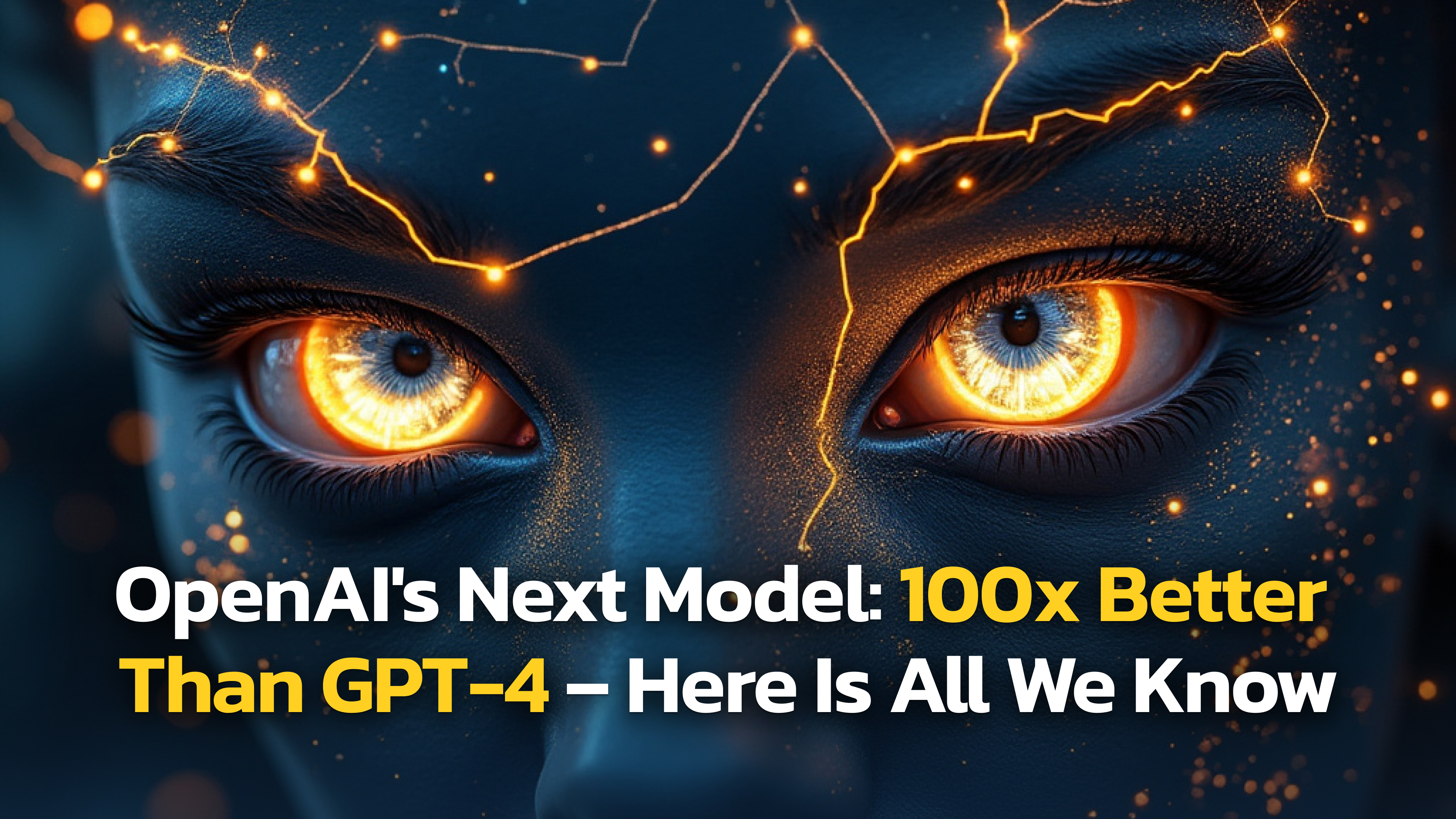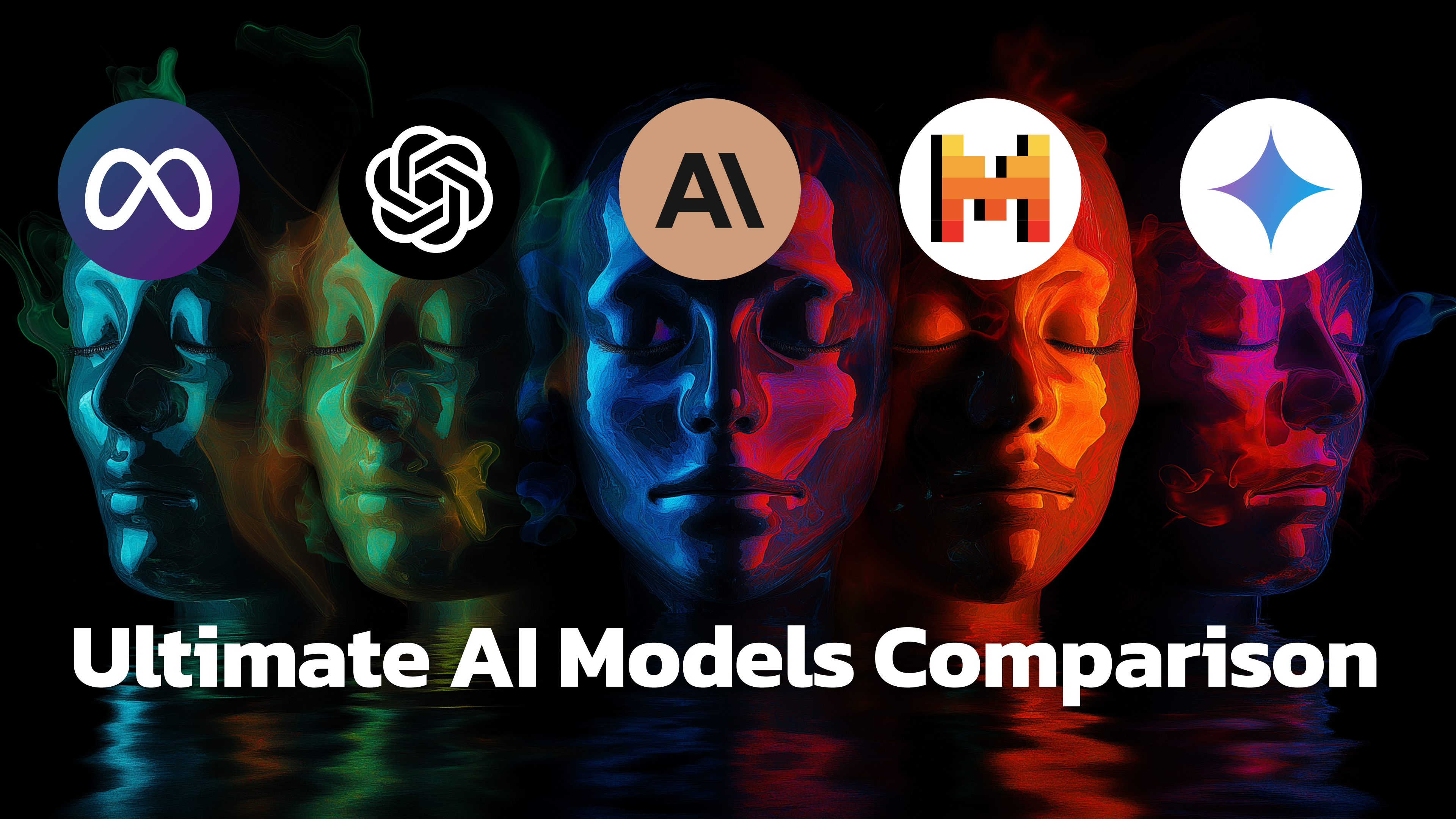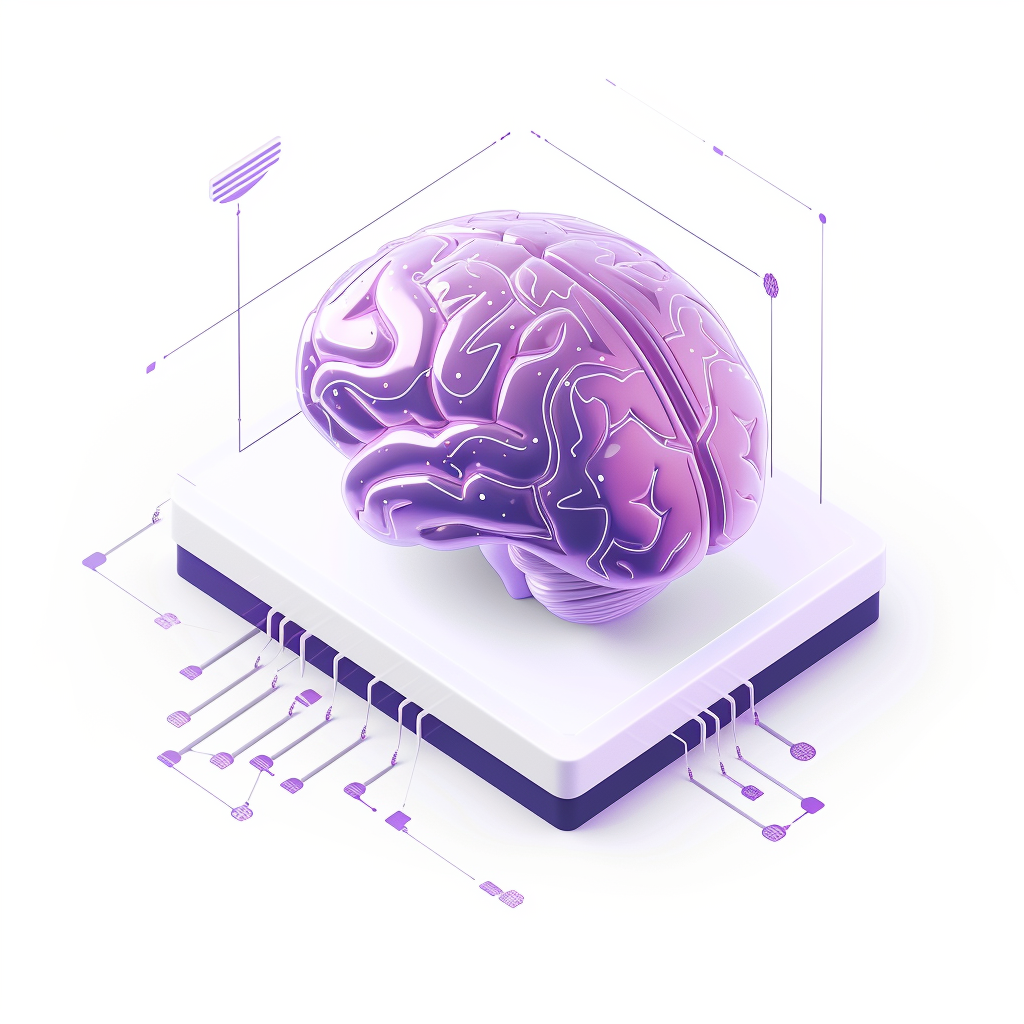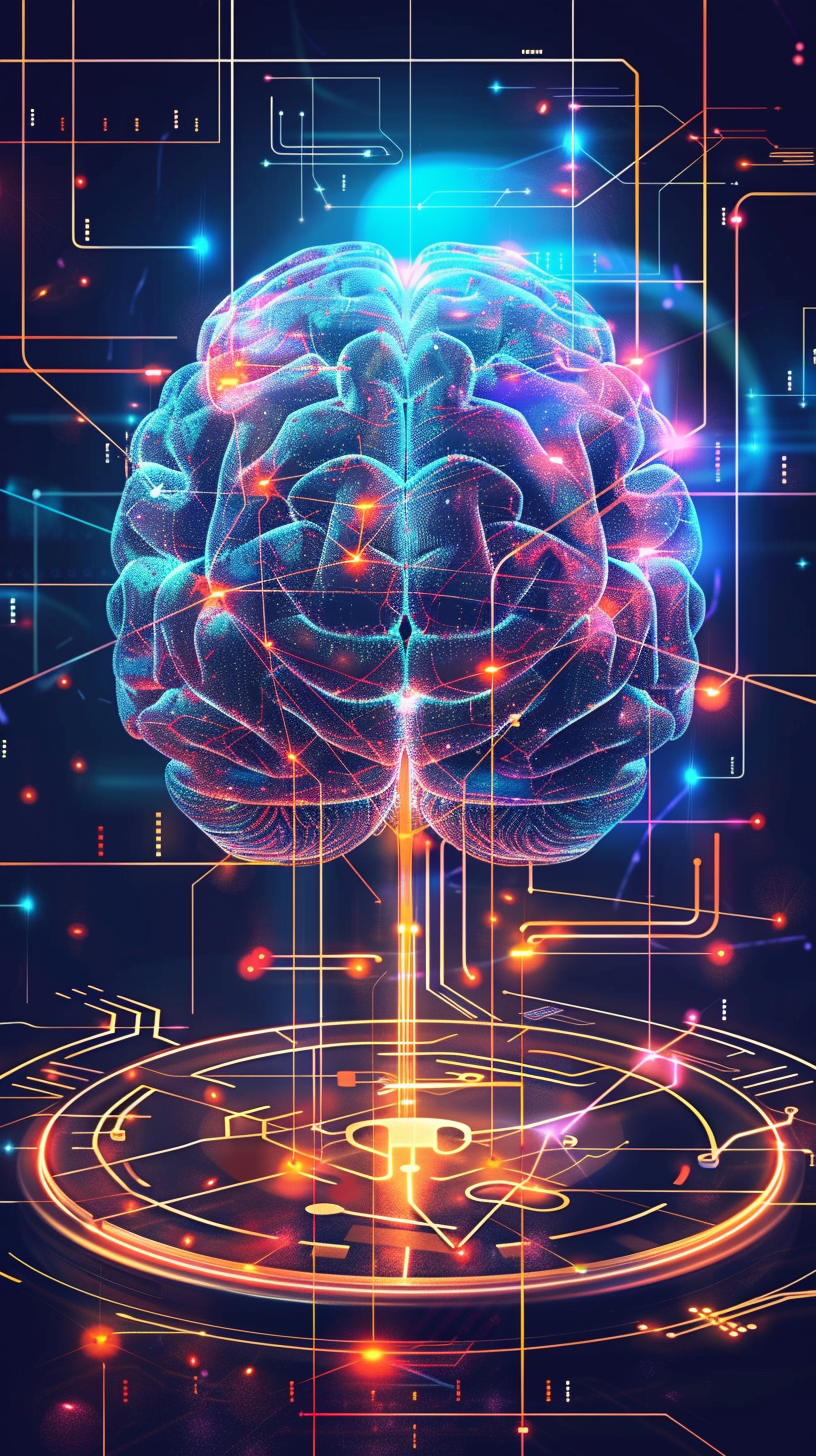OpenAI is back in the spotlight, with news emerging about its next big project: Orion. A new Large Language Model that should be a successor of GPT-4, possibly called GPT-5. The tech world is buzzing with excitement, and while some details are still being kept under wraps, we do have enough information to piece together a good picture of what Orion might bring to the table.
Key Takeaways
- Orion’s Release: Expected in Q1 of 2025, though OpenAI has denied a firm release date.
- Microsoft Involvement: Early access could be provided via Azure, indicating a tight collaboration.
- AI Progress: Orion could be a major leap toward AGI, but challenges around ethics and safety remain.
Orion is expected to be OpenAI’s most powerful language model yet, with rumors suggesting it could be up to 100 times more powerful than GPT-4, its predecessor. It is believed that Orion could be a major step toward artificial general intelligence (AGI), which is a concept that has long captured the imagination of tech enthusiasts.
*AGI refers to an AI that can perform a wide variety of tasks, much like a human, and Orion might bring us closer to this ambitious goal.
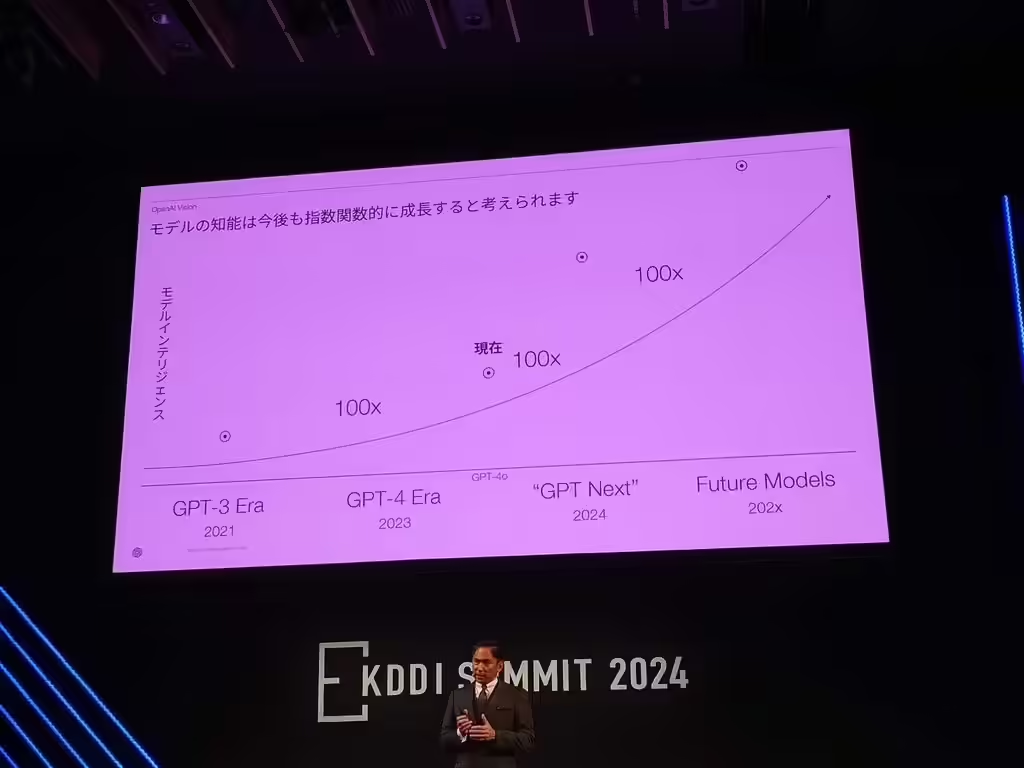
Although OpenAI has officially denied any plans to release Orion early next year, reports suggest that the launch could happen as soon as Q1 of 2025. For now, it seems that the first access will be granted to companies that work closely with OpenAI, allowing them to integrate and customize their own solutions with Orion before the general public gets a chance. Let’s dive into everything we know so far.
What is Orion?
Orion is designed to be OpenAI’s most advanced large language model, with capabilities that surpass its predecessors. The model is anticipated to be more powerful, faster, and more efficient in handling complex tasks. OpenAI has been working tirelessly on making Orion a significant advancement over GPT-4, and many believe it could be a game-changer in the field of AI.
Microsoft Partnership and Early Access
OpenAI’s strategic partnership with Microsoft plays a big role in Orion’s rollout. Reports suggest that Microsoft is preparing to host Orion on its Azure cloud platform as early as November 2024. This means that select partners could get early access to test Orion before a wider release, allowing them to experiment with the model’s capabilities and explore potential integrations.
Microsoft’s involvement with Orion is part of a broader collaboration with OpenAI, aimed at bringing state-of-the-art AI technologies to a wider audience. By hosting Orion on Azure, Microsoft is positioning itself as a key player in the AI revolution, providing the infrastructure needed to deploy such powerful AI systems.
Advanced Technical Capabilities
Orion promises to be a big leap forward from GPT-4. An OpenAI executive hinted that Orion could be up to 100 times more powerful than GPT-4. This means it will offer faster processing speeds, enhanced reasoning abilities, and more sophisticated problem-solving capabilities.
Synthetic Data Training
Interestingly, Orion has also been trained with synthetic data, which was generated by OpenAI’s “Strawberry” reasoning model. This synthetic data training could give Orion an edge in deeper understanding and logical reasoning, helping it perform more complex tasks. By using synthetic data, OpenAI aims to provide Orion with richer training experiences, allowing it to respond more accurately and with greater nuance.
Orion vs. GPT-4
Orion is rumored to be up to 100 times more powerful than GPT-4, which means it could handle much more complex tasks and deliver faster, more accurate answers. This leap in performance could make Orion a game-changer for advanced applications across different industries.
Unlike GPT-4, which relies on traditional training with vast datasets, Orion uses synthetic data-driven training. This approach allows it to adapt better to context and be more versatile, giving it an edge in understanding and handling intricate logical tasks. It could be particularly valuable for businesses that need AI capable of complex decision-making.
Orion is also designed for seamless integration with Microsoft Azure, taking advantage of Microsoft’s powerful infrastructure. This integration could make it more suitable for specific business solutions compared to GPT-4, which is available across multiple platforms but lacks such dedicated support.
Initially, Orion will be rolled out to select partners for controlled testing. This gradual release strategy will help fine-tune its capabilities before a broader launch. With its enhanced performance, Orion is expected to have a big impact in areas like healthcare, finance, and customer service, where better interaction and automation can create significant improvements.
Aiming for AGI
One of the most exciting aspects of Orion is its potential to bring us closer to AGI. AGI is an AI that can perform a wide range of tasks across different domains, demonstrating a level of adaptability similar to that of a human being. OpenAI has been striving toward AGI for years, and Orion could be a key step in achieving that goal. If Orion lives up to its expectations, it could represent a major milestone in the development of general-purpose AI.
OpenAI’s Transition and Funding
OpenAI recently closed a $6.6 billion funding round, placing its valuation at $157 billion. This significant funding has attracted attention and speculation about the company’s future, especially as it transitions from a non-profit to a for-profit entity. The restructuring includes significant leadership changes, with CEO Sam Altman receiving a 7% equity stake, signaling a shift toward balancing profitability with societal impact.

The transition has not been without its challenges. In 2024, several high-profile team members departed, including Miles Brundage, Mira Murati, Bob McGrew, and Ilya Sutskever (who’s starting a new company). Many of these departures were linked to concerns about the company’s shift in focus and ethical considerations around pursuing AGI. This period of transformation has raised questions about how OpenAI will manage innovation, profitability, and responsibility going forward.
Despite the challenges, the move to a for-profit structure has also allowed OpenAI to secure strategic partnerships, notably with Microsoft. These partnerships are crucial as competition in the AI field intensifies, with other players like Anthropic and xAI entering the market. The restructuring aims to align OpenAI’s operations with the evolving landscape of AI startups while still striving for a positive societal impact.
The rapid adoption of AI technologies, along with strong retention rates, has driven interest from major companies such as Microsoft, Shopifyet Instacart, which have integrated OpenAI’s technologies into their platforms. OpenAI has also focused on AI safety measures, launching tools like the AI Text Classifier to address issues like cheating and misinformation.
The Competition
Orion is entering a competitive field. Some key players to watch include:
- Anthropic’s Claude 3.5 Sonnet: Known for its safety focus and robust performance, it competes directly with OpenAI’s models. Anthropic has positioned itself as a leader in developing safe and reliable AI, and Claude 3.5 Sonnet is one of the main alternatives to OpenAI’s offerings.
- xAI by Elon Musk: Although details are still emerging, xAI is expected to be a major competitor in the AI space. Elon Musk’s involvement in the AI sector has always generated interest, and xAI is no exception. It aims to offer a competitive alternative to models like Orion.
- Gemini 1.5 Pro by Google: Google’s Gemini 1.5 Pro is another strong contender in the AI race. It brings a blend of multimodal capabilities and advanced natural language understanding, making it a powerful alternative to Orion. With Google’s vast resources and expertise, Gemini 1.5 Pro aims to push the boundaries of AI, providing enhanced integration across different platforms and applications.
- Safe Superintelligence (SSI): Created by OpenAI co-founder Ilya Sutskever, SSI focuses on safe AI development, making it a direct competitor to Orion. The emphasis on safety and ethical considerations positions SSI as a model to watch, especially in a landscape where responsible AI development is increasingly important.
The Changing AI Landscape
The AI industry is changing quickly, and Orion is arriving at an interesting time. Here’s what we see happening:
OpenAI’s recent funding has increased its valuation significantly. With deeper partnerships with Microsoft, we could see stronger integrations across industries, but there could also be concerns around privacy and control. As AI becomes more integrated into various sectors, issues such as data privacy and ethical use are likely to become more prominent.
There is a growing interest in smaller, efficient models like Molmo, which are open-source and use fewer resources. These models could challenge the dominance of proprietary systems like Orion by making AI more accessible. Open-source models have the advantage of being more flexible and adaptable, which could lead to broader adoption across different use cases.
AI models are becoming more versatile, handling text, images, and audio all at once. Orion is expected to be part of this trend, making it highly capable for a wide range of tasks. Multimodal capabilities allow AI to understand and process information in a way that is more similar to how humans do, making interactions with AI more intuitive and useful.
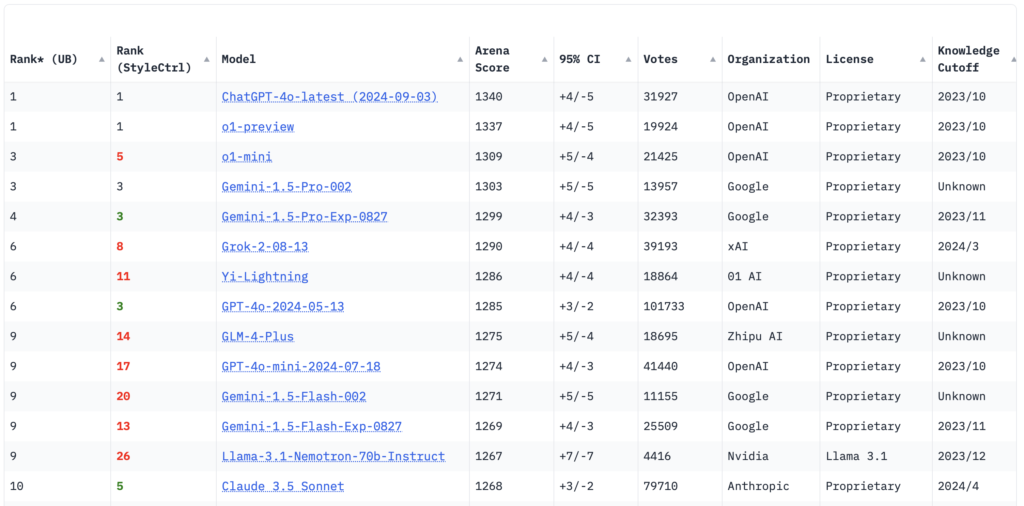
Orion’s Partnership with Microsoft
Microsoft’s role in Orion’s development cannot be understated. Hosting Orion on Azure means Microsoft will be one of the first to test and deploy this new AI. This partnership could reshape the dynamics of the cloud services market, as Microsoft leverages its infrastructure to support cutting-edge AI solutions.
Additionally, a clause in the OpenAI-Microsoft contract regarding AGI could be up for renegotiation. If OpenAI gets more favorable terms, this could significantly change their collaboration’s direction and power balance. This relationship will be closely watched as both companies navigate the evolving landscape of AI technology.
Conclusion
Orion could be OpenAI’s most ambitious model yet, potentially setting a new standard for the AI industry. Its advanced capabilities, strategic partnerships, and focus on pushing towards AGI make it one of the most anticipated AI releases. While the official release date remains uncertain, it seems that behind-the-scenes preparations are well underway.
Keep an eye on OpenAI for more news, and watch Microsoft as they gear up to deploy Orion. It could bring us closer than ever to the dream of AGI and redefine what AI can achieve.

